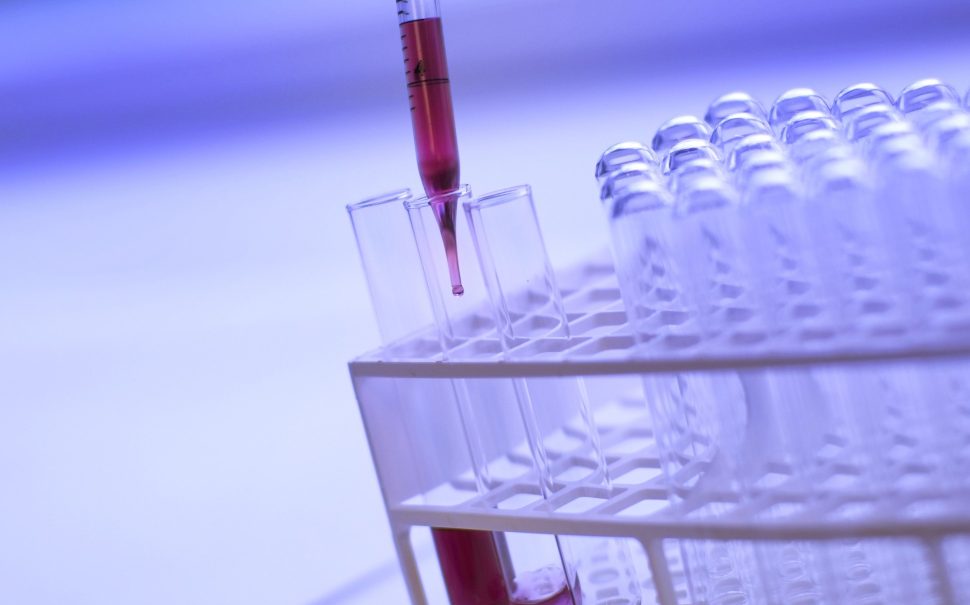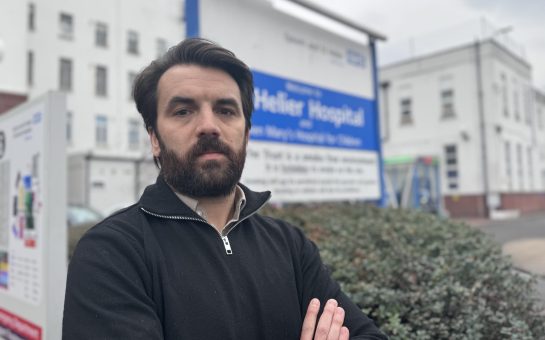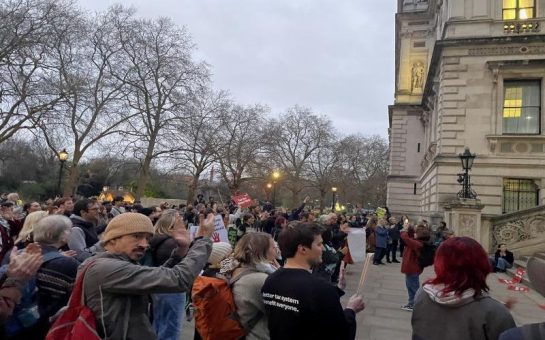Racial disparities in late HIV diagnosis have reached a decade high in London, as activists say it is another sign of inequality in health.
The London Health Inequalities Strategy (HIS) showed a 30% gap between Black Africans and white people on late HIV diagnosis, with the former twice as likely to have a late diagnosis.
Three in five Black Africans who were diagnosed with HIV in the 2020-22 period were likely to have been diagnosed late.
Late diagnosis occurs when a person is diagnosed at an advanced stage, often when the immune system has already been severely damaged.
Rates of late diagnosis has declined in white and Black Caribbean ethnicities while Black Africans have seen a jump.
Susan Cole-Haley, an award-winning HIV activist, has criticised the current public health campaigns and stressed the importance of universal progress.
She said: “People who are diagnosed late are ten times more likely to die from HIV related causes.
“This is really worrying – we have seen extraordinary progress for HIV in recent years, however unfortunately inequalities are holding back progress and not everyone is benefitting equally.”
Approach remains a fundamental issue for Cole-Haley, who said targeted interventions will be the key step into helping the black communities.
She added: “It’s really important that these interventions are co-created and co-designed with people from communities.”
A NHS spokesperson said several projects are working to raise awareness and increase testing in HIV testing in Black African communities.
This includes the London HIV Prevention Programme that aims to raise awareness and increase access to proven methods of HIV prevention for Londoners.
They added: “In 2025 the programme will launch an additional element that will specifically target Black heritage communities.”
They have asked black-identifying London residents to fill out a survey to provide the needs of their community to ensure the programme works efficiently.
Greenwich has one of the highest populations of Black Africans in any London borough at just short of 45,000 and more than half of their new HIV diagnoses were late.
However, Kensington & Chelsea has a population of less than 7,000 Black Africans and had a late HIV rate of 20.8%.
Cole-Haley emphasised HIV is not just one issue in isolation when it comes to the health of the Black African community.
She said: “I think it is a number of factors. One thing that isn’t discussed enough is particularly people from Black communities face intersecting barriers to good health.
“Very often somebody from African communities may also be a migrant, an asylum seeker, may be facing issues relating to housing and poverty, experiencing racism, there are so many other issues in these people’s lives.”
Charities like the Terrence Higgins Trust work to address these disparities and have pledged to end new cases of HIV by 2030.
Head of HIV Prevention Takudzwa Mukiwa echoed Cole-Haley’s statement of a multitude of factors and disparities driving health inequality.
Mukiwa added that stigma and information remains an issue and communities require consistent messaging to tackle issues.
He said: “People might not know the advancements that have being made in HIV, some people will come from countries where it is affected in a much more widespread way.
“HIV is no longer the same that it was years ago, there is new treatments, and you will be unable to pass it on.”
Mukiwa that individual sexualities and genders of Black Africans have their own unique reasons driving late HIV diagnosis.
He stated 8% of Black African men turned down testing compared to 22% of Black African women as testing remains a pivotal issue.
He said: “It is still not adequate – we are not getting enough people tested.”
Mukiwa has called for further drives into opt-out testing where people would be automatically tested for HIV among other health conditions when having their blood drawn at A&E – unless they specifically choose to opt out.
Cole-Haley highlighted negative experiences in health care for Black Africans as another driver for disparities, not just in HIV.
She said: “We know people form black communities often feel that our voices aren’t being heard that our concerns aren’t being taken seriously.”
Both Cole-Haley and Mukiware shared the idea that an approach in London must work alongside communities in order to affect change – but HIV is only one of a wider scope of health inequality issues.
A spokesperson for the Mayor of London said: “London is one of the most diverse cities in the world, yet structural racism continues to hamper many Londoners’ opportunities and increases health inequalities.
“The Mayor is committed to tackling systemic inequalities, including late HIV diagnosis, and IS doing everything he can to eliminate these once and for all.”
They cited the Mayoral Office’s work with signing up to the HIV Confident anti-stigma charter to tackle barriers to testing and treatment as well as becoming a founding member of the Fast-Track Cities London partnership to tackle HIV and cut stigma.
They said: “By working together we can bring about transformative change and build a better, fairer and healthier London for everyone.”





